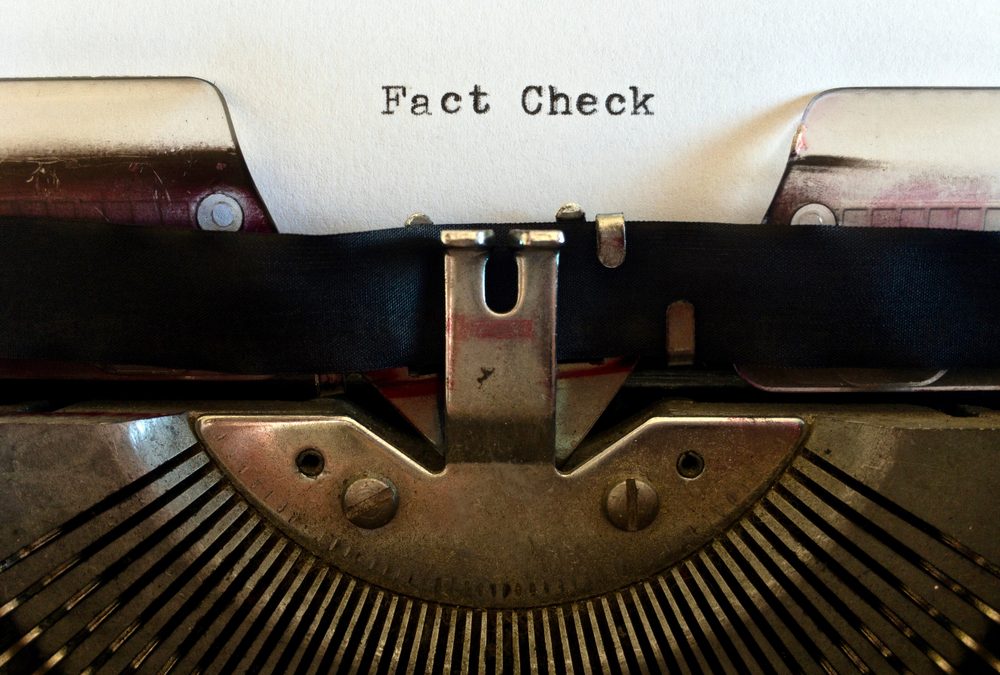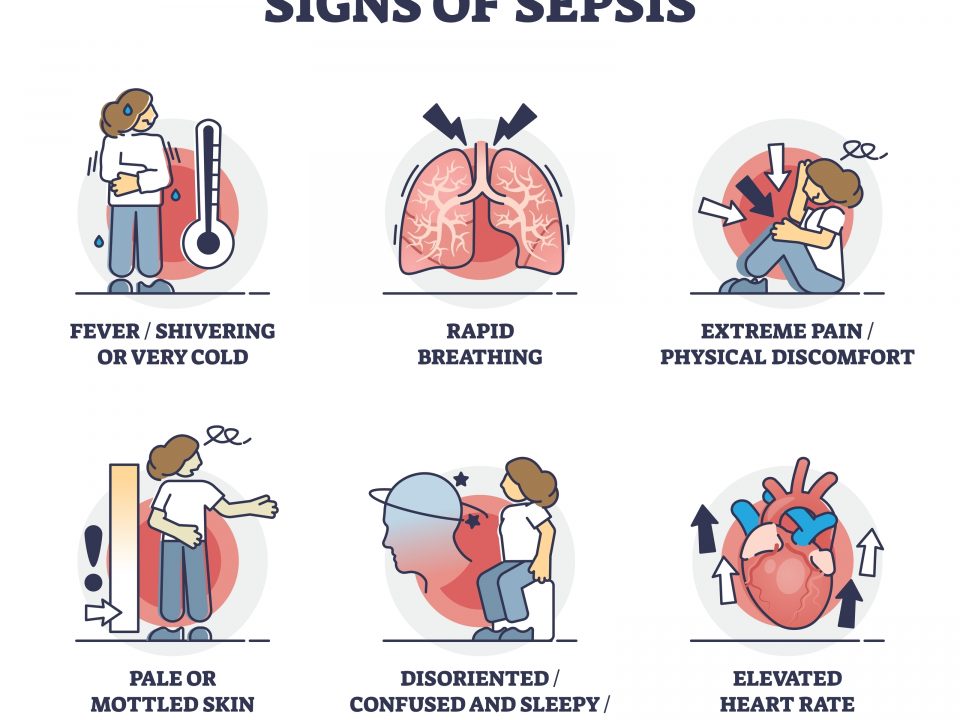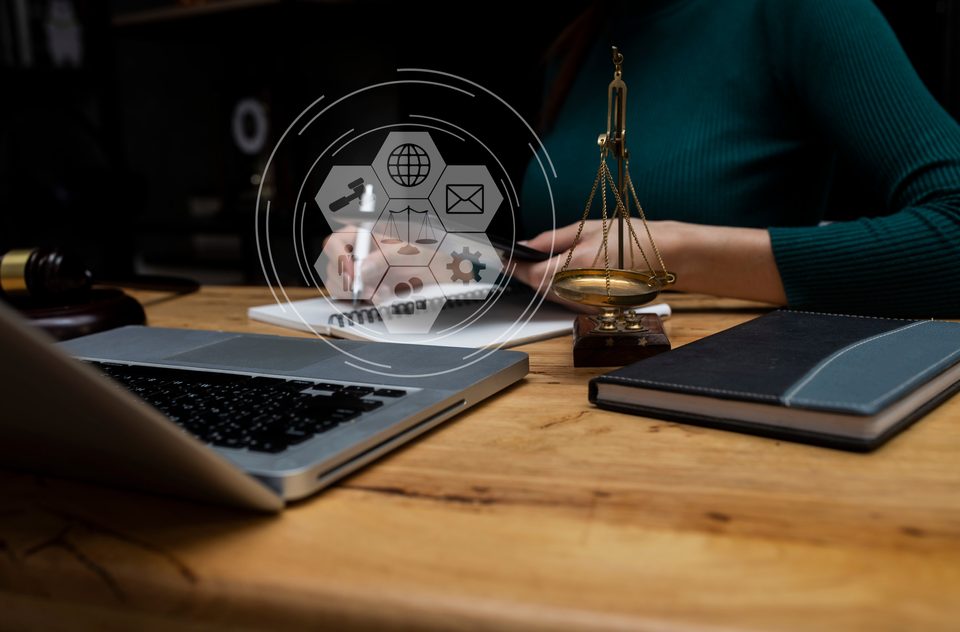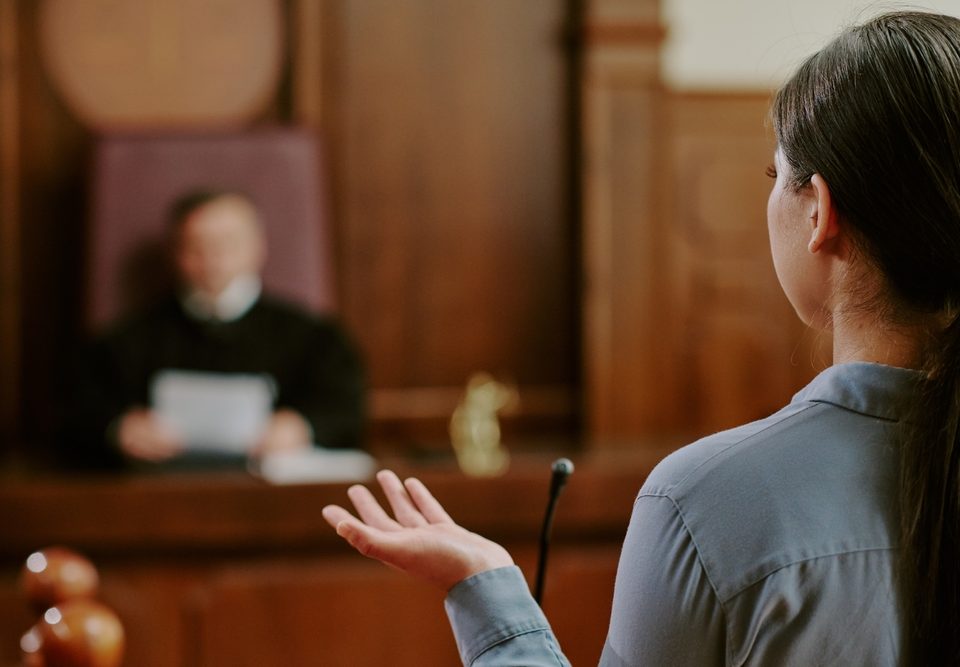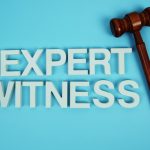
Expert Evidence: Judicial Discretion and the Threshold of Necessity
10th July 2025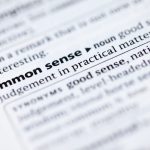
Expert Evidence vs. Common Sense in Medico-Legal Adjudication: Insights from Lawless v Keatley
20th August 2025In the recent High Court decision of Skykomish Ltd v Gerald Eve LLP [2025] EWHC 1031 (Ch), although not arising from a clinical context, an important message emerged for all expert witnesses, including those working in the medico-legal field: the necessity of true independence, especially when confronted with pre-existing opinions from fellow experts.
The Case in Brief
In Skykomish, a professional negligence claim was brought against a property consultancy firm, Gerald Eve LLP, arising from alleged failures in valuation advice. A central aspect of the dispute was the reliance placed by a subsequent expert on the conclusions drawn by a prior expert who had originally been engaged by the claimant. The judge found that the second expert had not properly interrogated the assumptions made by their predecessor and instead adopted them too readily. This resulted in evidence that was not fully independent, breaching the standards expected of expert witnesses.
A Medical Parallel
While the facts relate to valuation and commercial loss, the underlying principle resonates strongly in the world of medico-legal reporting. It is not uncommon for experts to be instructed in cases where another expert has already given a view, or where extensive clinical records include opinions from treating clinicians or other forensic specialists.
The temptation to align with a previously expressed view—particularly if the instructing solicitor appears to prefer it—can be subtle and insidious. This is known as “anchoring bias”: the cognitive trap where initial information (such as another expert’s conclusion) disproportionately influences subsequent assessments.
Why Anchoring Undermines Expert Evidence
Anchoring can compromise the objectivity and credibility of expert evidence. Courts rely on experts to provide impartial, reasoned opinions based on their expertise and the evidence—not to merely reinforce a case narrative or adopt views that are perceived to be favourable.
In Skykomish, the court was clear that the second expert had failed in their duty to the court by not providing a properly independent view. The judgment highlighted that experts cannot “shelter behind” the work of a predecessor or justify their conclusions purely by reference to someone else’s authority. The same applies in medical litigation: an expert witness cannot defer to a treating consultant’s notes or another expert’s report without applying independent scrutiny.
Best Practice for Medico-Legal Experts
To avoid the pitfalls seen in Skykomish, medico-legal experts should adopt several practical safeguards:
- Start from First Principles: Approach each case afresh, using your clinical reasoning and methodology. Review the materials independently before reading any previous expert reports.
- Acknowledge But Assess: If referencing another expert’s opinion, explicitly state the extent to which you agree or disagree, and crucially, why. Be prepared to critique the methodology, assumptions, or conclusions of other professionals.
- Flag Differences Openly: Don’t be afraid to disagree with a previous report provided by the instructing party—even if it appears to support their case. Your duty to the court overrides any perceived loyalty to the client.
- Resist Confirmation Pressure: Instructing solicitors may present another report as the “baseline” or imply an expectation of agreement. You are not there to validate the case theory—you are there to assist the court.
Conclusion
Skykomish Ltd v Gerald Eve LLP may not be a medical case, but it serves as a timely reminder of the standards expected of all expert witnesses. Anchoring bias can erode the independence that lies at the heart of expert testimony. In the high-stakes environment of medico-legal litigation, the credibility of your opinion depends not just on your qualifications, but on your ability to stand apart—even if that means challenging what has come before.

